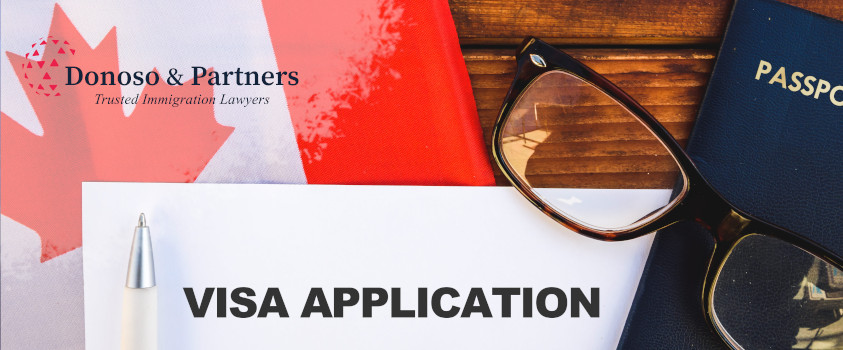
07 Nov Top Reasons for SUV Permanent Residency Refusals
Toronto, November 7, 2022: Canada’s Start-Up Visa Programme (SUV) is growing in popularity across the world. At the same time, Immigration, Refugee & Citizenship Canada (IRCC) processing times are growing from 24 months to approximately 36 months, and temporary work permits taking approximately 6 months. Many entrepreneurs make the grave mistake of thinking that receipt of the Letter of Support from a Designated Organization guarantees success in the Permanent Residency process. In reality, IRCC will analyse applications carefully to determine that the application achieves the key goals of the program: trying to build a new business with the potential to create jobs and provide a significant benefit to Canada.
It is therefore important to keep in mind the most common reasons in 2022 for SUV visa refusals.
- Weak business model. IRCC refusals sometimes challenge the viability of the business model, questioning with the core business proposal could ever achieve its growth potential.
- Lack of Concrete Accomplishments to Execute the Business Plan. A good business plan can sometimes be undone by the entrepreneur’s failure to take steps to pursue the core goals of the business plan. IRCC will analyze milestones and timeliness set out in the business plan and compare those to actual steps pursued by the entrepreneur. Even taking into account that timelines sometimes shift and delays are common, IRCC sometimes will refuse an SUV application for the fundamental reason that there is scant evidence that the entrepreneur took concrete steps towards executing a reasonable business proposal.
- Lack of Credible Expertise or Education by the Entrepreneur. IRCC refusals are sometimes based on the failure by the entrepreneur to establish that they have the business experience or education achievements that they purport to have.
- Lack of Active Participation by the Entrepreneur. IRCC refusals are frequently based on lack of evidence of tangible participation in the business by the entrepreneur. The SUV programme is for active participants in the business. Even if the business plan is executed and business operations move forward, IRCC will take note if the evidence shows that the entrepreneur is a spectator who is not involved in the business. IRCC looks for credible evidence that the evidence that the entrepreneur was actively involved in the business.
- Engaged in SUV Program Primarily to Obtain Permanent Residency. Many entrepreneurs make the mistake of thinking that the SUV programme is primarily a path to Canadian permanent residency. For IRCC, the SUV programme is primarily a program to give incentives to try to start businesses in Canada that will create jobs and economic prosperity. Applicants must therefore be careful to keep faith the core goals of the SUV programme, and not simply look at it as an investment program that grants permanent residency. When IRCC detects that an applicant is primarily engaged in the SUV programme to obtain permanent residency, IRCC can and does issue visa refusals.
Donoso & Partners, a leading immigration law firm based in Washington, D.C., will continue to report on developments regarding the immigration law and policy through our news section of donosolaw.com.
SCHEDULE A CONSULTATION TODAY.
Donoso & Partners, LLC provide assistance with review and advice regarding eligibility for visas to the U.S. or Canada.



Sorry, the comment form is closed at this time.